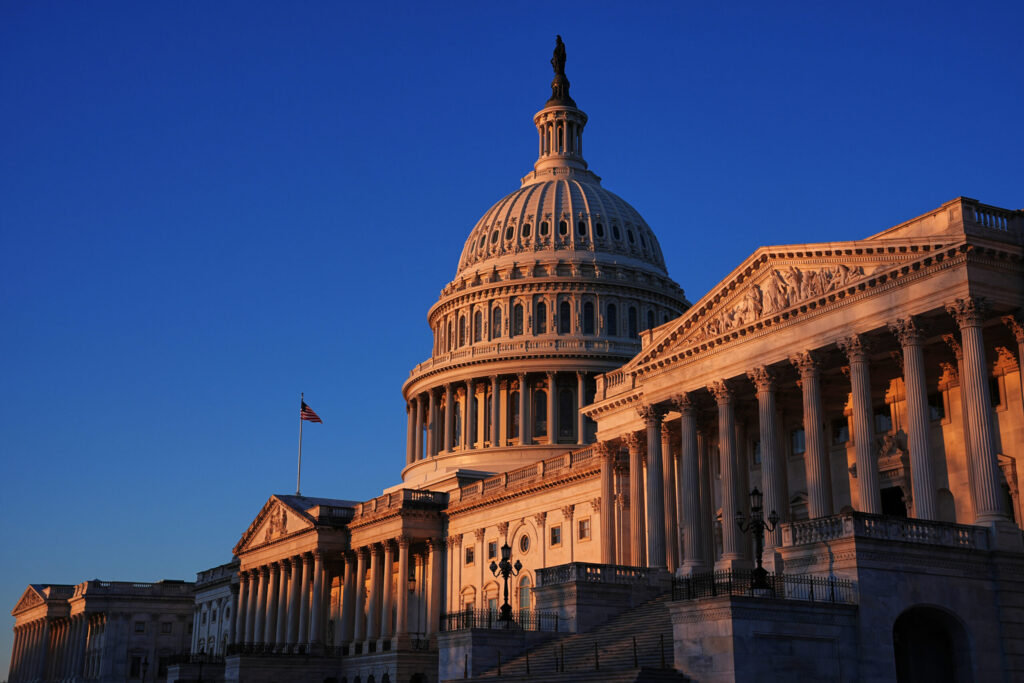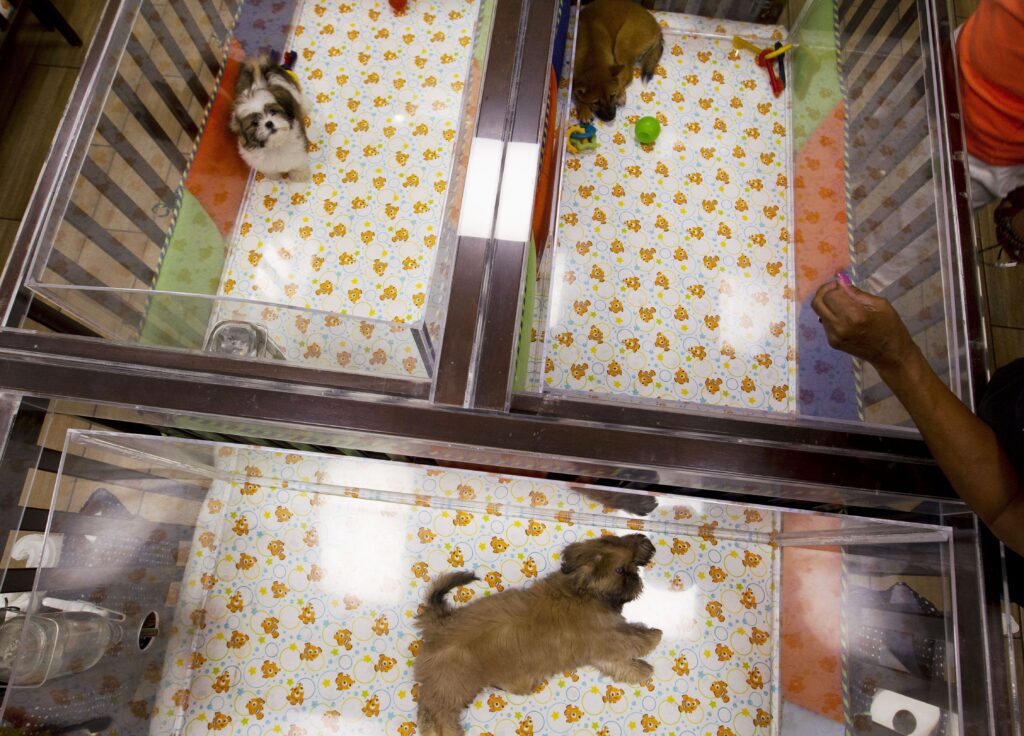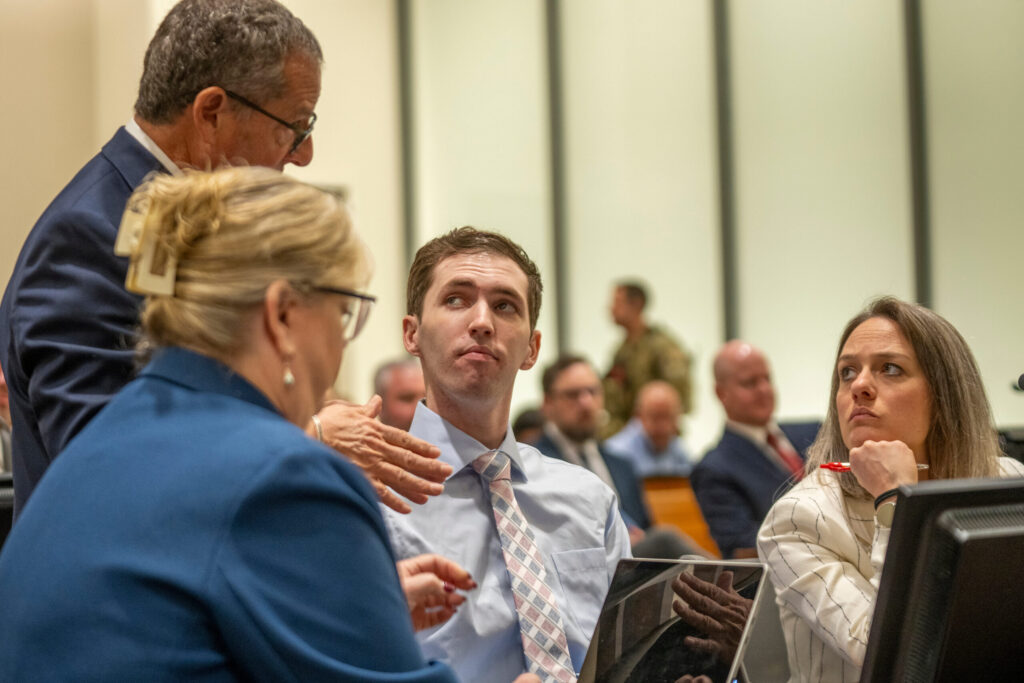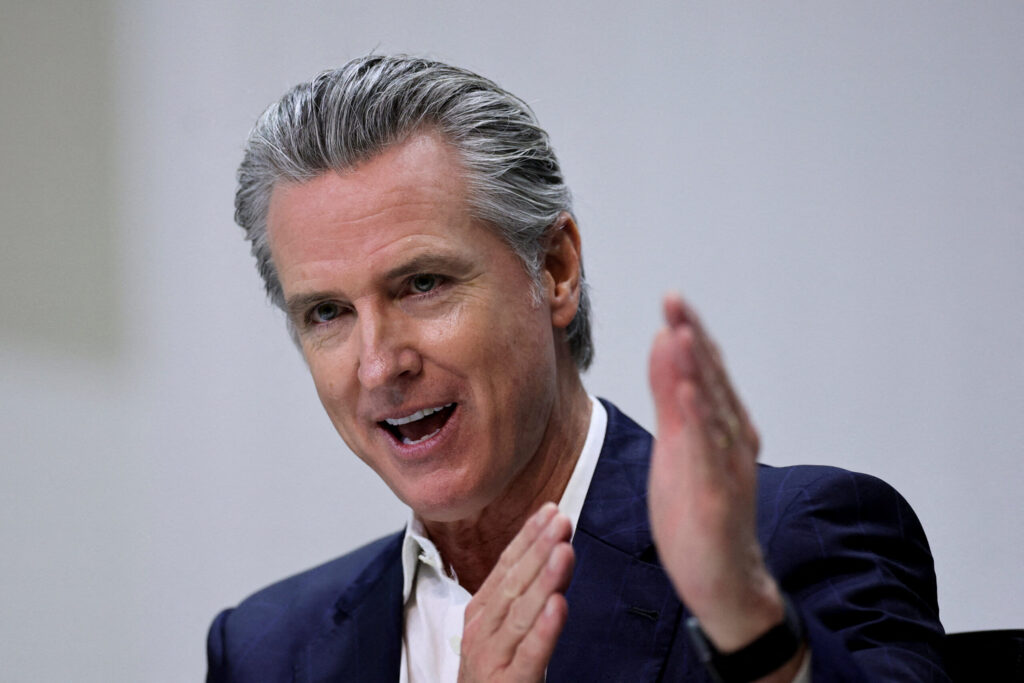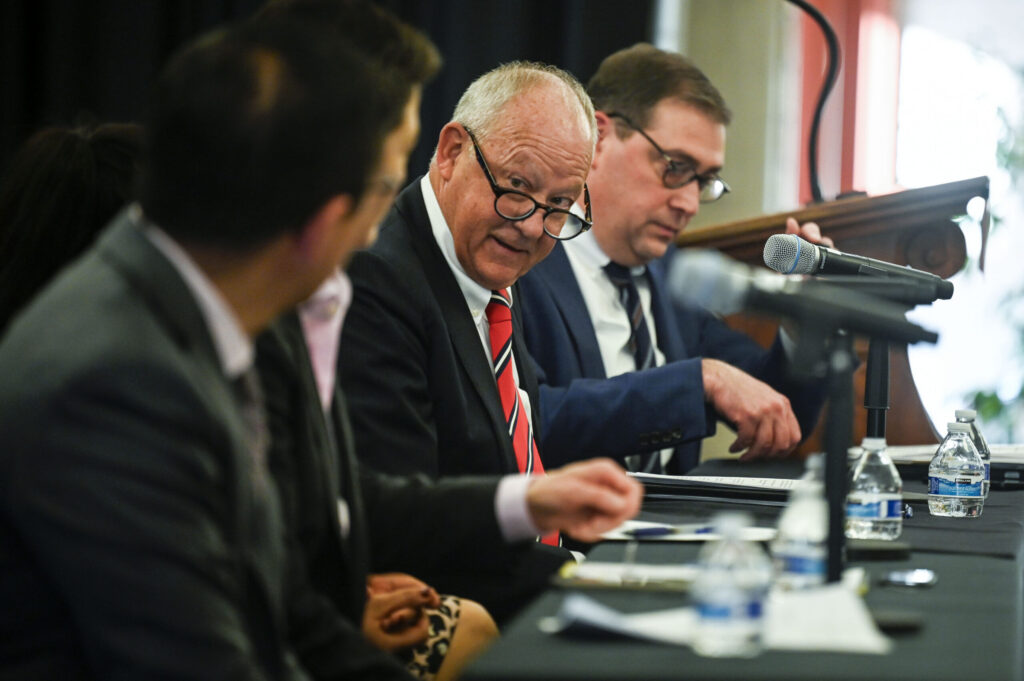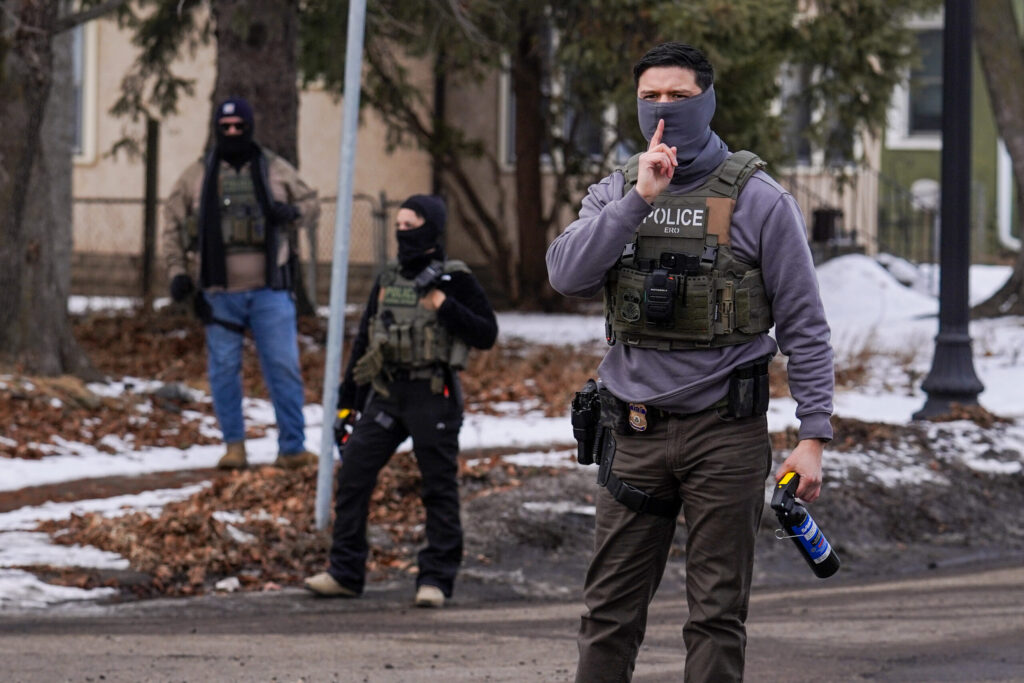Road usage charge ‘worst of both worlds’
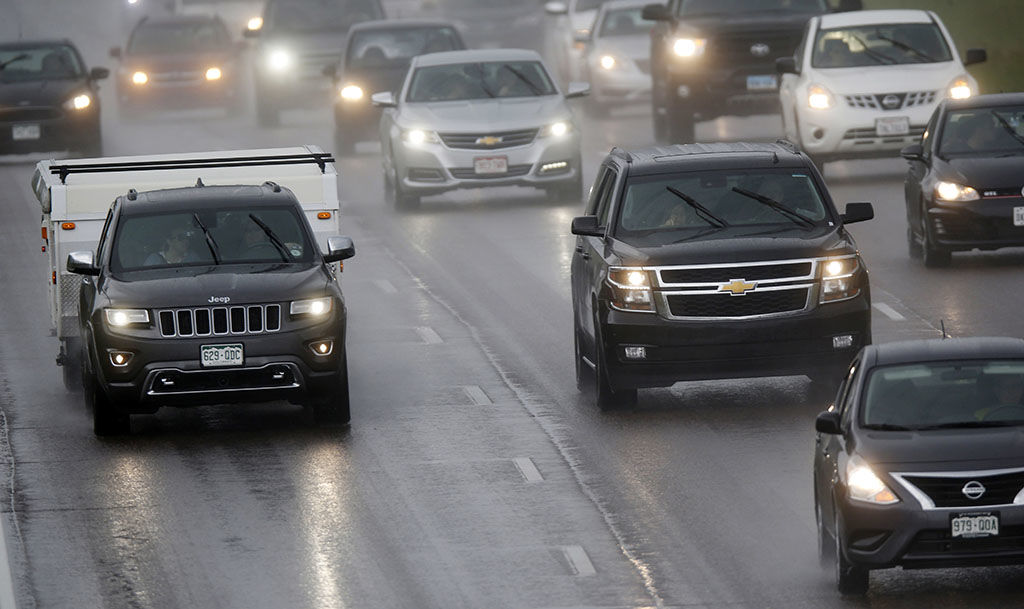
Calling it “the worst of both worlds,” Colorado House Minority Leader Patrick Neville (R-Castle Rock) is warning a road usage charge program proposed by the Colorado Department of Transportation would mean a massive statewide tax hike.
In a brief statement released Tuesday, Nov. 15, Neville voiced opposition to such a program.
“CDOT is suggesting the state track drivers to determine how much tax a person must pay, this is the worst of both worlds,” Neville’s statement reads. “This type of program is not only an alarming invasion of privacy, but would result in a huge tax disparity for rural Coloradans and a massive tax increase statewide.”
Last week, CDOT announced plans to begin a year-long pilot program in December to assess the value of a per-mile tax to boost revenue for highway maintenance and improvement projects. The program would track the mileage driven by 100 volunteers and theoretically tax each driver 1.2 cents per mile. No money would actually change hands in the program, but CDOT wants to look at more long-term, sustainable transportation-funding alternatives and decide if such a charge could be relevant for Colorado, according to the department’s website.
“As the state’s transportation funding gap under the current gas tax grows, we need to explore possible funding opportunities – such as road usage charging – to ensure Coloradans the mobility they need to live, work and play,” said CDOT Executive Director Shailen Bhatt in a news release announcing the pilot program.
Neville told The Colorado Statesman that CDOT “should spend more time fixing the highways,” and called such a fee a “non-starter.”
He said the Legislature has talked about several different funding plans to help address transportation needs but did not single out any one plan he would support. Neville said the state budget had increased by 50 percent in the last six years and other funding priorities and requirements have left nothing more for transportation.
In a road usage charge funding model – also known as mileage user fee and vehicle miles traveled fee – drivers pay for how many miles they travel instead of the amount of fuel used. It would treat highways like utilities and motorists would “pay for what you use,” CDOT said on the project’s page.
Such a charge might replace the gas tax that now provides funds for state highway infrastructure needs. CDOT noted the state had not raised its 22-cents-a-gallon tax since 1991, while more energy-efficient and alternative fuel vehicles have lowered tax revenue. Meanwhile, a growing population has resulted in more vehicles and traffic on state highways, which need more maintenance. Those factors led CDOT to project a $25 billion funding gap over the next 25 years.
Tim Kirby, CDOT’s manager of metropolitan planning organizations and regional planning section, noted in the department release that the pilot program – the first step in an extensive evaluation of the road usage charge concept – will include a diverse group of drivers, from rural to urban, mountains to plains, and cars and trucks.




